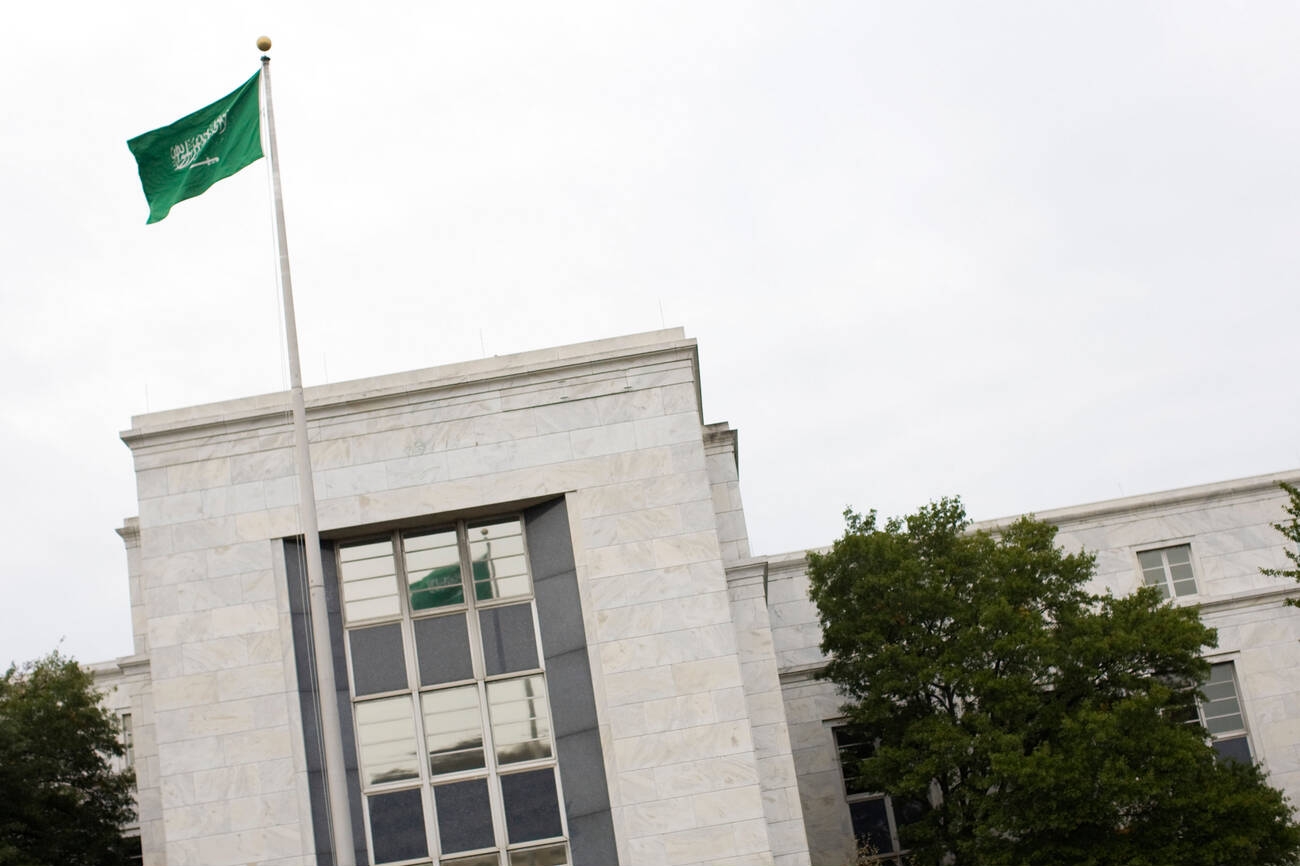Human Lives Human Rights: A recent report highlights the alarming escalation of air pollution in South Asia, with Bangladesh, Pakistan, and India identified as the countries facing the most severe air quality issues worldwide. This revelation comes amidst a ‘red alert’ issued by the World Meteorological Organization regarding indicators of global warming.
The conjunction of climate-related challenges and prolonged exposure to toxic air underscores the imminent risks to the lives and health of over a billion individuals in the South Asian region. Despite these pressing concerns, there has been insufficient collective action from both affected nations and high-income fossil fuel producers, who are poised to expand rather than curtail production, exacerbating the problem driven largely by fossil fuel combustion.
Calls are reiterated for affected South Asian countries to urgently devise and implement comprehensive cross-border pollution action plans. Similarly, the international community, particularly historical emitters and affluent fossil fuel-producing states, is urged to provide adequate financial assistance to aid climate change adaptation efforts and ensure the establishment and funding of the Loss and Damage Fund without delay.
Such measures are imperative to safeguard public health and human rights in nations already grappling with climate change-induced adversities, which are projected to intensify. The imperative for a prompt, equitable, and adequately funded transition away from fossil fuels towards renewable energy sources cannot be overstated.
Background:
South Asia grapples with a grave air quality crisis, with the majority of the world’s most polluted cities located in India, Pakistan, or Bangladesh. In 2023, Bangladesh recorded air quality levels surpassing WHO safety guidelines by nearly 16 times, marking it as the country with the most severe air pollution globally. Pakistan and India closely followed suit, with India claiming nine of the top ten spots for the most polluted cities. The report by IQAir also sheds light on the insufficient air quality monitoring infrastructure in several regions across Africa, South America, and the Middle East.
The nexus between climate change and air quality is undeniable, as pollutants exacerbating climate change concurrently degrade air quality, posing significant threats to individuals’ right to life, health, and a clean, sustainable environment. The impacts of air pollution are exacerbated by rising temperatures, as confirmed by the World Meteorological Organization’s recent ‘State of Global Climate’ report, which declared 2023 as the hottest year on record by a significant margin.


















